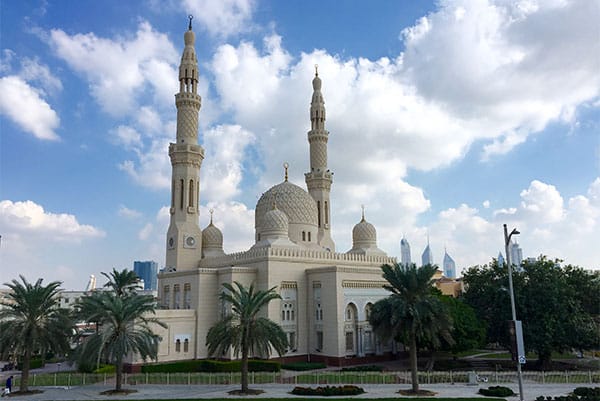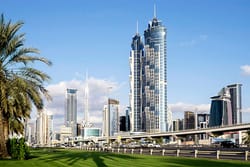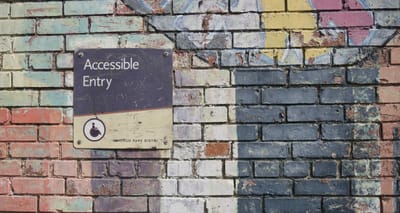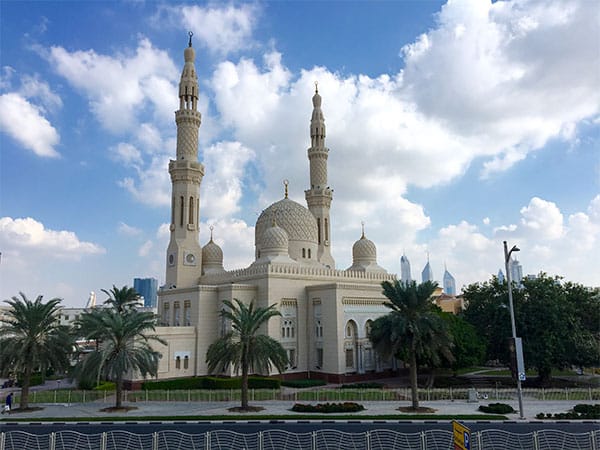
Just last month, I traveled to and spent a week in the United Arab Emirates. I visited Abu Dhabi and Dubai. Many of my friends and family members were concerned about my taking a trip to the Middle East. As a triple amputee and burn survivor, Americans mistakenly assume that I am a war veteran. With the media’s reporting on Islamic ideology, I was concerned that such an assumption could prove dangerous in an Arab country.
A string of recent terror attacks, including those in Paris, France and San Bernardino, California, have made us all uneasy. They have proven that acts of terrorism can take place anywhere, at any time. Lives hang in the balance. These events have reignited fears that first developed in response to the September 11th attacks, fourteen years ago. Although fear is a natural response to such atrocities, it can be dangerous and costly.
Our fears and assumptions have the power to shape and alter our perspective. In the United States, the “global war on terror” has become a divisive political issue. I’m not going to talk about my views on domestic or foreign policy here. This is a travel blog. But, I do want to share some insight about the realities I witnessed in the United Arab Emirates. What I learned in the Middle East will hopefully set aside some of your fears about traveling in an increasingly dangerous world.
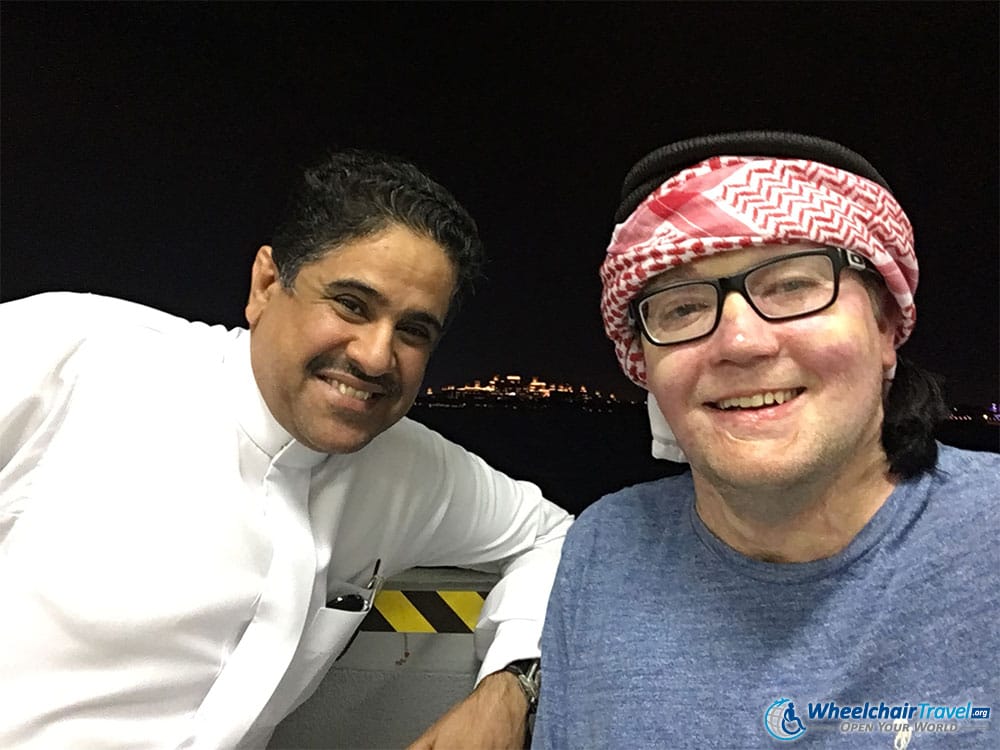
Meet my Friend, Talib.
The man with me in this photo is Talib, who hails from Riyadh, Saudi Arabia. We met while waiting for the Dubai Ferry to set sail, and talked for about two hours. He spoke passionately about his wife and four-year-old daughter. He told me about his Islamic faith and his trip to the Mosque in Dubai; I shared my Roman Catholic, Christian one. Like me, it was his first time visiting the U.A.E. We were both taken by the city’s magnificent size. Talib also talked about the beauty of his country, the people, and the food.
As I feared, he assumed that I had been in the military. I told him the story of my car accident. He said that we should be grateful to Allah for our lives, and the opportunities given to us. “Look where you are now,” he exclaimed! I couldn’t have agreed more with Talib’s sentiment. He asked to take a #wctselfie with me, which I was happy to do!
Our nations are not allies. The leaders (read: oppressors) of his country are guilty of extreme human rights violations. But he is a good man, whom I am happy to call a friend.
Draw conclusions from experience.
Not all Muslims are radical jihadists. Very few of them are, actually. And yet, our fear of terrorism leads us to misunderstand what it means to be Muslim, and we generalize an entire people. While I try to protect myself from harboring “attitudes” towards people, the societies we live in can influence us. I was apprehensive about my trip to the U.A.E. My experiences with people there, from the ferry operator to the people on the street who gave me directions, were positive. The locals were welcoming and friendly, in both Abu Dhabi and Dubai. I would not hesitate to return, and hope that my next visit to the Emirates comes soon!
Don’t let fear disrupt your travel plans.
We are no safer in Main Street, U.S.A. than we are in Paris, France. We tend to see terrorism only as attacks carried out by radical jihadists. In my view, anyone who harms or takes the life of another has committed an act of terror.
Statistics show that we are more likely to be killed by a movie theater shooter or an armed robber than by a radical jihadist. Since we can’t suspect every “Average Joe” of being a terrorist, it is easier to focus our fear on the “others.” Large segments of the American population are now harboring phobias of Muslims, Middle Easterners, and foreign people in general. It’s easier to single a few groups out than to face the truth: anyone can become a violent terrorist. Anyone can hurt you.
Unless you’re traveling to the war-torn areas in which ISIL or other violent groups have taken control, you’re not likely to become a victim of terrorism. The statistics are on your side. We lose the battle against terror when we allow fear to restrict our freedom. If you want to see the Eiffel Tower, travel to Paris. Take the leap of faith, exercise your freedom and Open Your World.
Have safety concerns kept you from traveling?
Let me know in the comments below.

